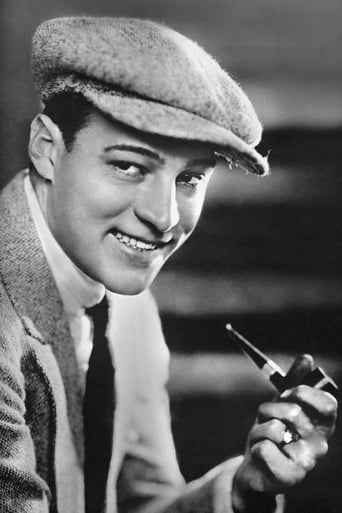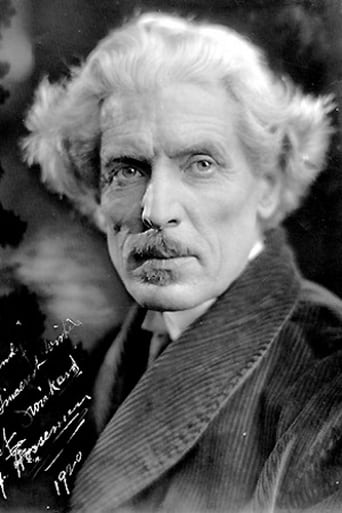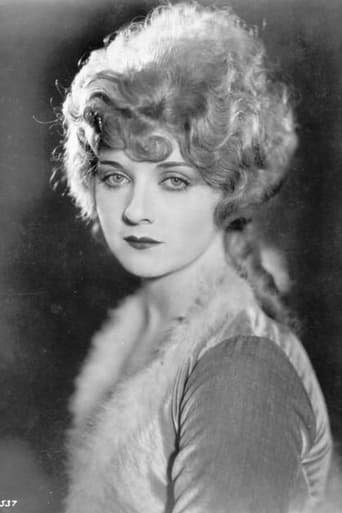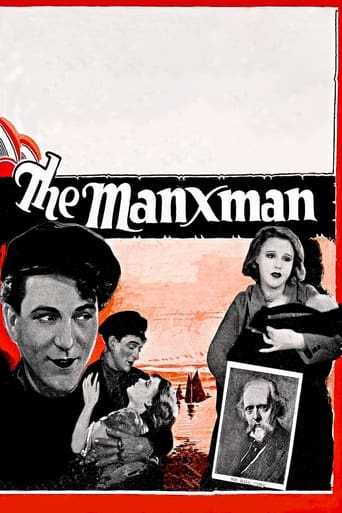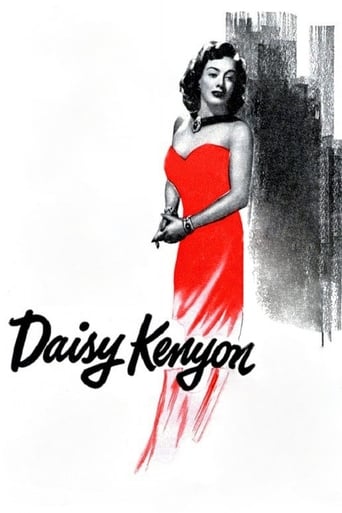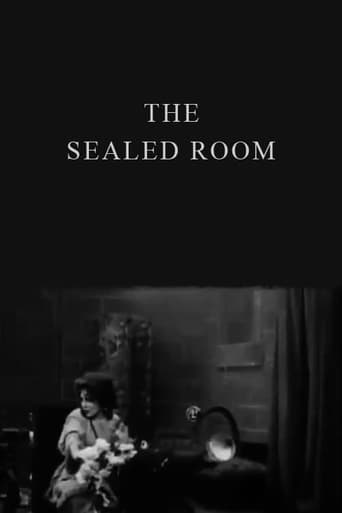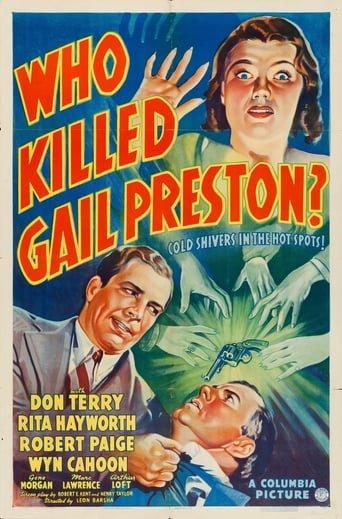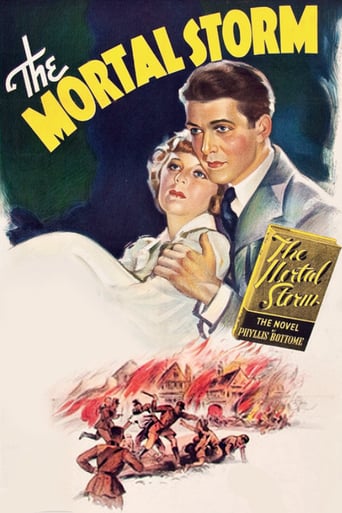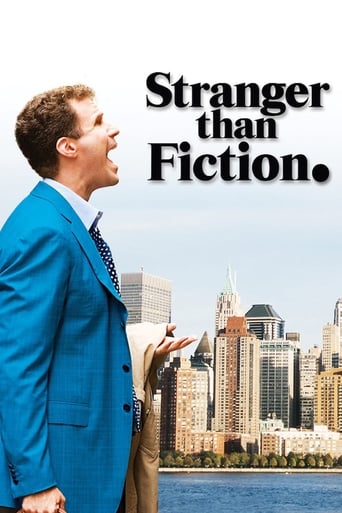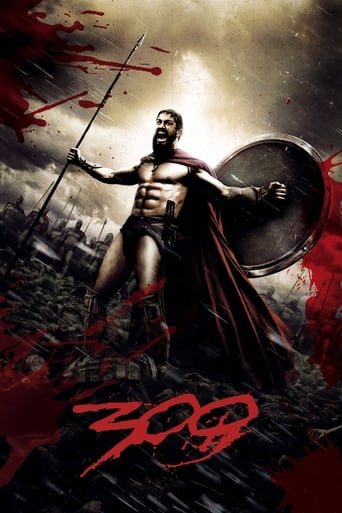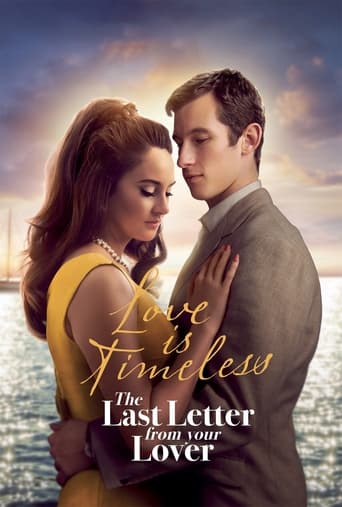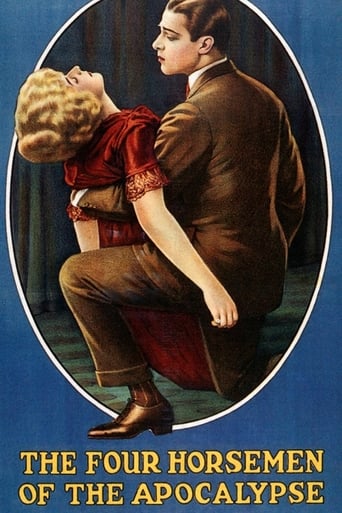
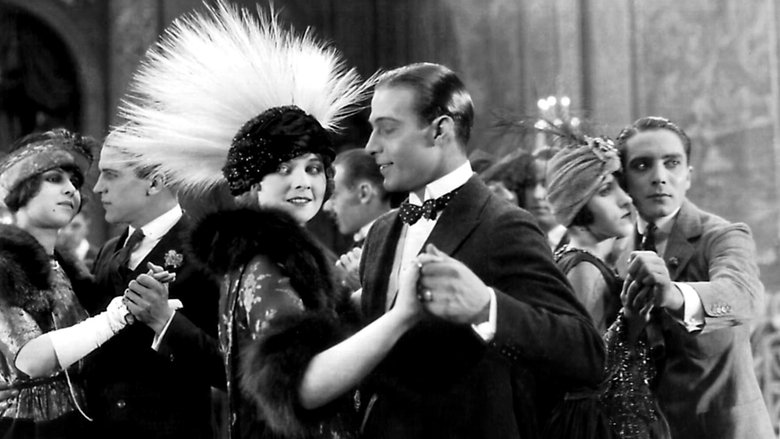
The Four Horsemen of the Apocalypse (1921)
Set in the years before and during World War I, this epic tale tells the story of a rich Argentine family, one of its two descending branches being half of French heritage, the other being half German. Following the death of the family patriarch, the man's two daughters and their families resettle to France and Germany, respectively. In time the Great War breaks out, putting members of the family on opposing sides.
Watch Trailer
Cast
Similar titles
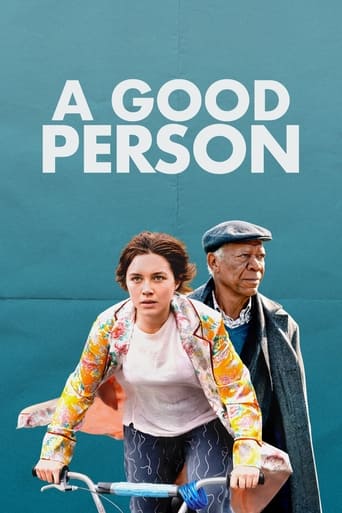
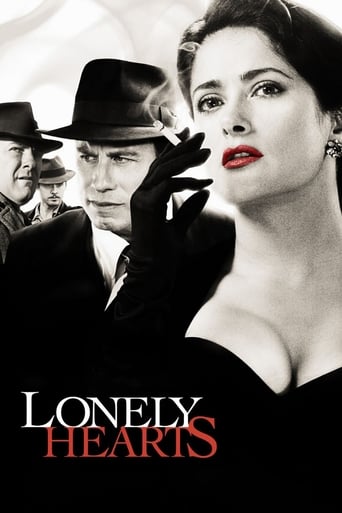
Reviews
hyped garbage
It's entirely possible that sending the audience out feeling lousy was intentional
a film so unique, intoxicating and bizarre that it not only demands another viewing, but is also forgivable as a satirical comedy where the jokes eventually take the back seat.
After playing with our expectations, this turns out to be a very different sort of film.
Many reviewers have commented that this is an anti war film and criticized the depiction of the Germans as militaristic villains. As the book was written in 1916 when feeling was running high against the Germans, who were eventually made to pay dearly for the war, it is hardly surprising. At the time the newspapers were full of accounts of 'the Hun' and the terrible atrocities they were carrying out against innocent civilians, eg. chopping the hands off Belgian babies. True or not, anti German propaganda went full steam ahead with even more venom than we see today directed at Muslim zealot insurgents. As for the message of the film being anti-war, how could any film set in WWI being anything else? There is no way that most horrible of conflicts could be glorified. Four years of slaughter in the trenches, blown to pieces, trench foot, drowning in the mud, northern France devastated by bombing and artillery - for what? From the artistic point of view, this film stands up very well. It is hard to believe that it was made in 1921, the acting was relatively natural and the camerawork was excellent and definitely better than that of 'The Sheik', which was made in the same year.
The Four Horsemen of the Apocalypse (1921) was the biggest blockbuster of its day and among the highest-grossing films of the 1920s. Today, it is the most well-known film of the unsung director Rex Ingram, notable for being the film which launched the career of heartthrob Rudolph Valentino with the iconic tango sequence, and it is lauded as an early anti-war picture. But is it really deserving of the praise and attention it gets outside of historical significance? The film itself is unevenly paced, even stately. One feels every slow minute of its two hours. Ingram's direction is good though, and the visuals are stunning, as they always are in an Ingram production.The acting is uneven too. Valentino does well as Julio, going from a callow philanderer to a selfless war hero. His more restrained technique is a great contrast to the eye-bulging insanity he displays in his most well-known film, that masterpiece of kitsch, The Sheik (1921). However, I think his best performance was still ahead of him in The Eagle (1925), where he juggles drama, comedy, action, and sensual romance with ease.Alice Terry is not one of my favorite actresses, as I find she doesn't possess much charisma for a leading lady. This is probably one of her better performances, a restrained portrait of romantic yearning and a struggle between her happiness and the welfare of her much older husband.Though many have praised his performance, I found Joseph Swickard to be almost embarrassing as Valentino's father. He reacts to the atrocities around him with bulging eyes and cartoonish trembling. When he collapses while telling Julio to be ruthless in war, it comes across as unintentionally comedic rather than emotional.I also disagree with the notion that this is an anti-war picture. The depiction of the Germans in this film is as extreme as the cartoonish villainy of Erich von Stroheim's nurse-raping and child-murdering Prussian lieutenant in The Heart of Humanity (1918). While the characters regret the casualties of the war, the film suggests that the war had to happen because those evil Germans had to be stopped. The enemy are not treated like people; they're all wicked and that is definitely reminiscent of wartime propaganda, not a movie arguing for pacifism or the senselessness of war.Honestly, I wish Ingram were more remembered for his excellent production of Scaramouche (1923), which is even greater than the more celebrated 1953 remake. It also has better performances and pacing. Four Horsemen is a decent epic, but it isn't anymore memorable than any other by-the-numbers blockbuster Hollywood had and has cranked out before or after.
1st watched 10/20/2013 - 4 out of 10(Dir-Rex Ingram): Heavy handed anti-war movie comes across very one-sided as far as the perspective on a war between Germany and France in this epic family drama, love story & war movie wrapped into one package. Rudolph Valentino plays a son of a Parisian who departed to Argentina fleeing the country from an earlier conflict, but returns after his grand-father's demise. The son has a weakness for the woman-folk and becomes involved with the wife of one of his German cousins causing scandal between the two families. He is an artist who lives off his father's money until he decides to join the cause of the war. The four horsemen come into play as an allegory against the biblical reference(referred to in the movie as an old book) in Revelations where each horsemen represents a different side of the results of war activity and the movie does some special effects introducing these horsemen at different points of the movie. Rudolph's father hordes antiques in an old castle in France, but it's destroyed by the German's in an almost naturally occurring guilty verdict on his original escape from the draft. This is a departure from the rest of the movie's otherwise emotionally pointed view about the negative perspective on war. There is not much detail given to the war only that Germany is the conqueror and France takes the blunt of their blows. I believe the piece would have been stronger if the motivations of both sides would have been revealed better. The romance in the story is lessened and seems to just be an opportunity to show off the good looking Valentino's occasional dancing with the ladies. I'm sure the actual re-percussions of World War I prompted the novel and the movie and this played real well to packed houses in America when it first came out, but doesn't play as well to the current age. Overall, I just didn't see that the movie made it's point very effective -- which appeared to be that war should be avoided. In my opinion it wasn't bold enough in it's assessment.
I had always wanted to watch this Silent version of the Vicente Blasco Ibanez novel (who, incidentally, wrote MARE NOSTRUM as well - also filmed by Ingram in 1926), especially since it's considered to be vastly superior to the 1961 Vincente Minnelli remake in color and widescreen - which is a film I've watched quite a few times and which I've actually always liked! Still, now I can't help but agree that the remake is virtually overblown in every department by comparison with the original; the only thing I could find where it improved on the Silent version is the relationship between Julio and his German cousin, which is rather underdeveloped in Ingram's film (though in both versions, the two of them die together).The large-scale production is truly impressive, with settings ranging from rural Argentina to the French aristocracy and the grimy battlefields of World War I - not to mention a striking vision of Hell, with a gigantic fire-breathing demon unleashing the somber and ominous titular figures. The cast is certainly efficient, though some of the familiar names actually only gained popularity years later (Alan Hale, Wallace Beery and Jean Hersholt): Rudolph Valentino was shot to super-stardom with his role of the gigolo who develops a conscience and gives his life for a country which is not even his (a miscast Glenn Ford was certainly no match for him in the remake!); the tango sequence is justly celebrated, but his performance is excellent throughout (again, this might very well constitute his best work). Needless to say, the female lead was played by Ingram's own wife Alice Terry; also worth mentioning is Nigel De Brulier as a gaunt and gloomy exiled Russian who 'sees' the Four Horsemen and predicts the extent of their havoc. Though quite slow-going, the plot is compelling and the handling vivid enough to withstand its hefty 134-minute duration; as a matter of fact, the film is probably the most notable epic 'family saga' since D.W. Griffith's THE BIRTH OF A NATION (1915) which, obviously, had dealt with the American Civil War and its turbulent aftermath.I've watched 6 Rex Ingram films so far and, apparently, the only two surviving titles of his I've yet to catch up with are THE ARAB (1924) and THE GARDEN OF ALLAH (1927); this is possibly the finest of them, however, despite being the oldest - and I'm surprised it still hasn't made it to DVD (from Warners), ideally as a 2-Disc Set in order to include the Sound remake...

